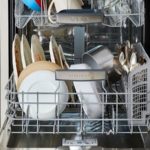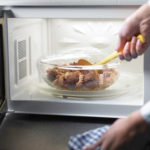The Importance of Using and Storing Dishes and Bowls Correctly
In every kitchen, dishes and bowls are essential items that are frequently used. It is crucial to learn how to use and store them correctly to ensure the health and safety of your family. Here are 8 professional tips to help you do this right away!
1. Tips for Using Dishes and Bowls Correctly
Use High-Quality Dishwashing Liquid

The quality of dishwashing liquid significantly impacts the cleanliness and hygiene of dishes and bowls. It is important to use good quality dishwashing liquids made with natural ingredients. These will effectively clean and care for your dishes while ensuring the health of your family. Additionally, use a sponge with good foaming ability to thoroughly clean and maintain your dishes and bowls!
Always Wash Dishes Before and After Use
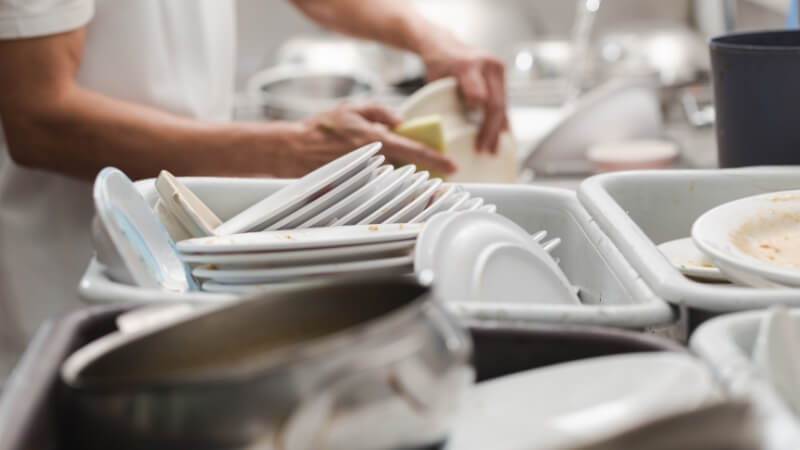
Washing dishes after meals is an essential task to prevent the growth of harmful bacteria. Leftover food and grease left on the surface of dishes and bowls can be a breeding ground for bacteria. Likewise, washing dishes before use is necessary to remove any bacteria and mold present in the normal environment, ensuring hygiene and safety!
Only Put Dishes in the Microwave When Instructed by the Manufacturer
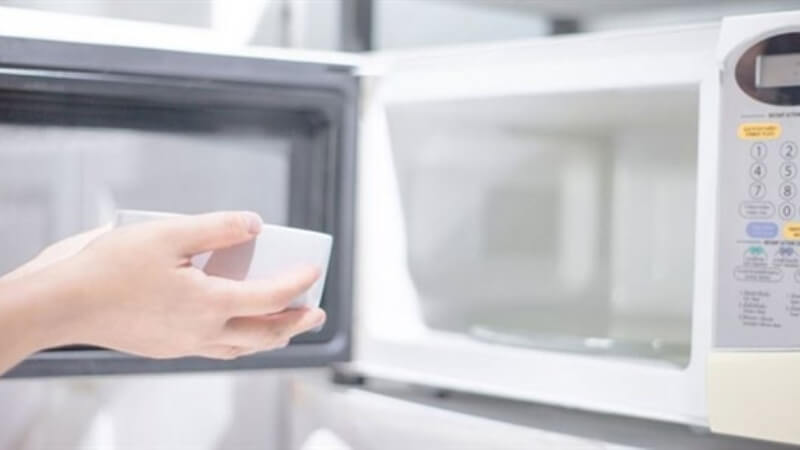
Putting dishes in the microwave can be dangerous if not done correctly. Not all dishes can withstand high heat, which can lead to explosions. It is important to read and carefully follow the manufacturer’s instructions before putting dishes in the microwave. This helps prevent accidents and extends the lifespan of your dishes.
Avoid Hitting Dishes
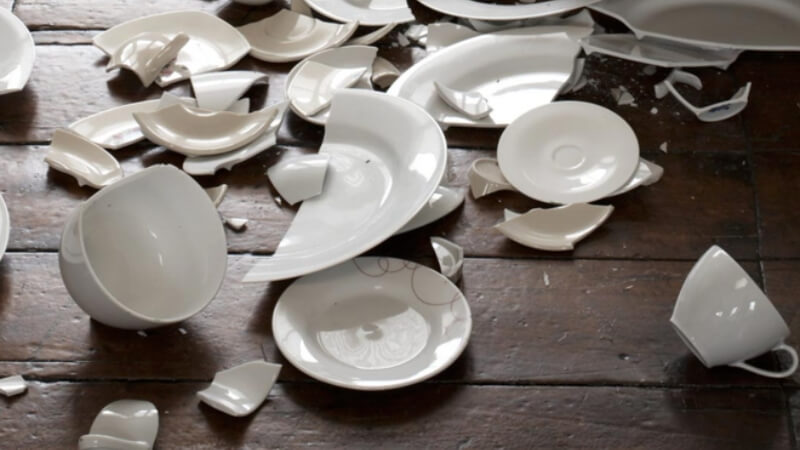
Dishes are made of fragile materials and should be handled with care. Avoid dropping or hitting them to ensure the quality of the dishes and the safety of the users.
2. Tips for Storing Dishes Correctly
Use a Sponge with a Gentle Material
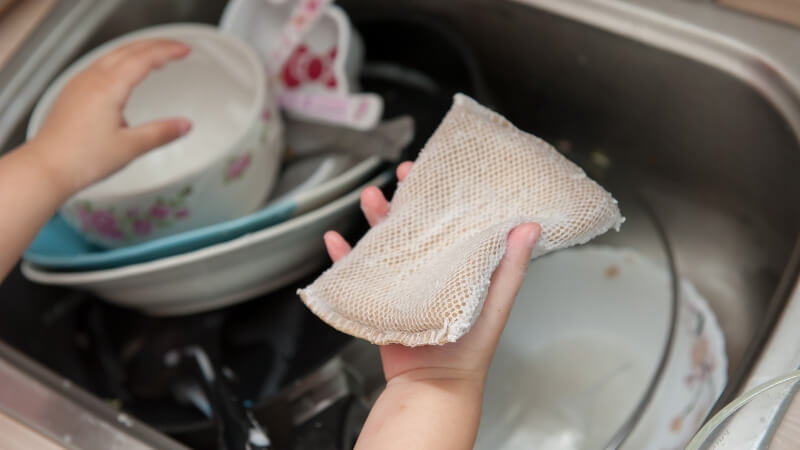
Choose a sponge with a gentle material to keep your dishes looking new and beautiful. Avoid using hard sponges that can scratch the surface of your dishes. A gentle sponge will increase foaming ability and effectively remove dirt.
Categorize Items that Need to be Washed Before Using the Dishwasher
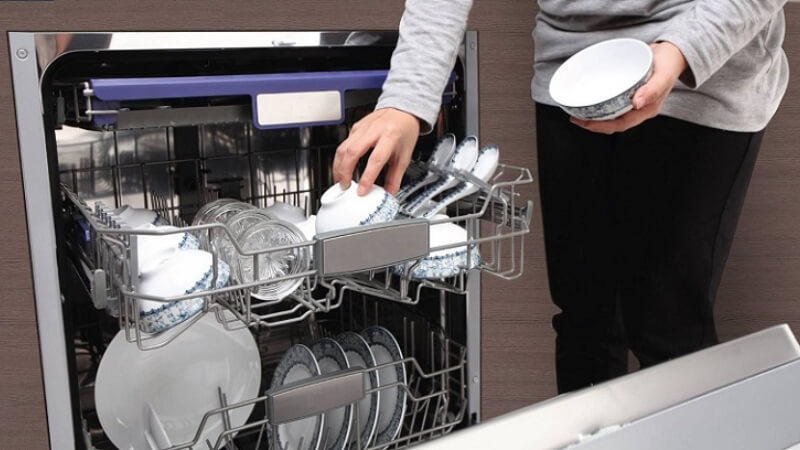
Categorizing items that need to be washed before using the dishwasher can speed up the dishwashing process. It allows you to wash each type of utensil correctly and store them, thereby prolonging their lifespan.
Place Dishes Upside Down on the Shelf to Drain Water After Washing
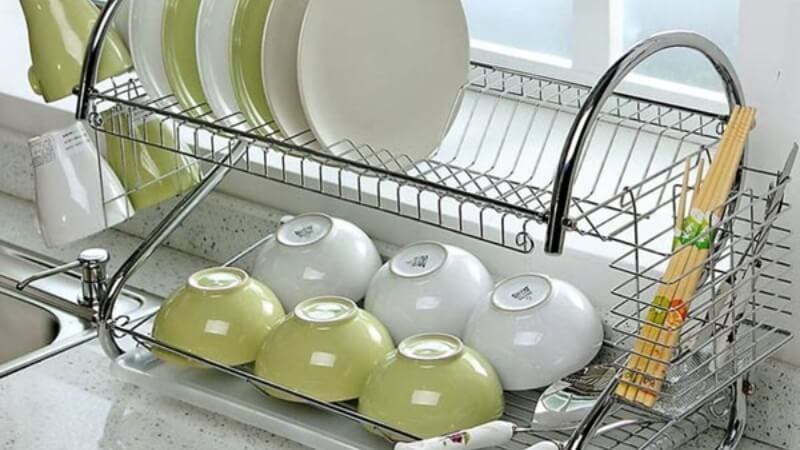
After washing dishes, place them upside down on the shelf to allow them to dry and prevent mold and moisture. Avoid stacking dishes of the same size on top of each other to prevent scratching the surface or difficulty in removing them. Organize dishes in increasing size for convenience.
Clean and Polish Dishes with Natural Ingredients
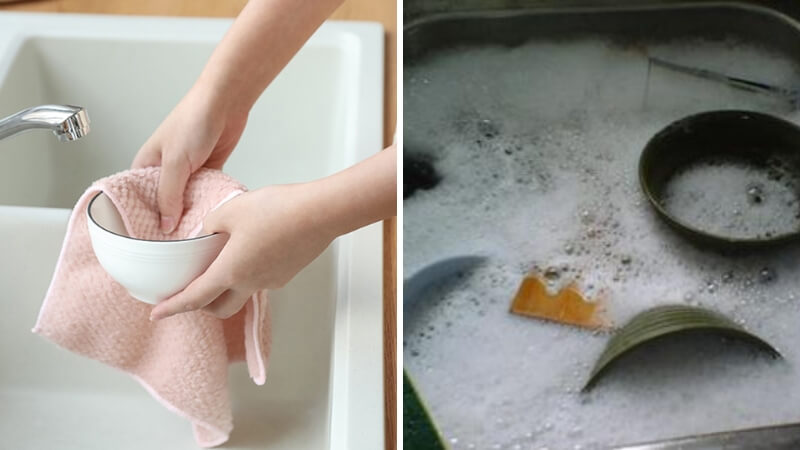
To clean and polish the surface of dishes that have been used for a long time, you can use natural ingredients such as baking soda mixed with water, rice water, lemon, and vinegar. Using a mixture of water and baking soda will restore the shine of dishes, eliminating yellowing and dullness. For wooden dishes, which are more difficult to maintain and prone to mold, soak them in a solution of saltwater, vinegar, and lemon. After about 5-7 minutes, wipe them dry, and they are ready to use.
Above are the top 8 useful tips for using and storing dishes correctly. Incorporating these tips into your kitchen routine will ensure the longevity and cleanliness of your dishes, as well as the safety of your family. Bon appétit!


























